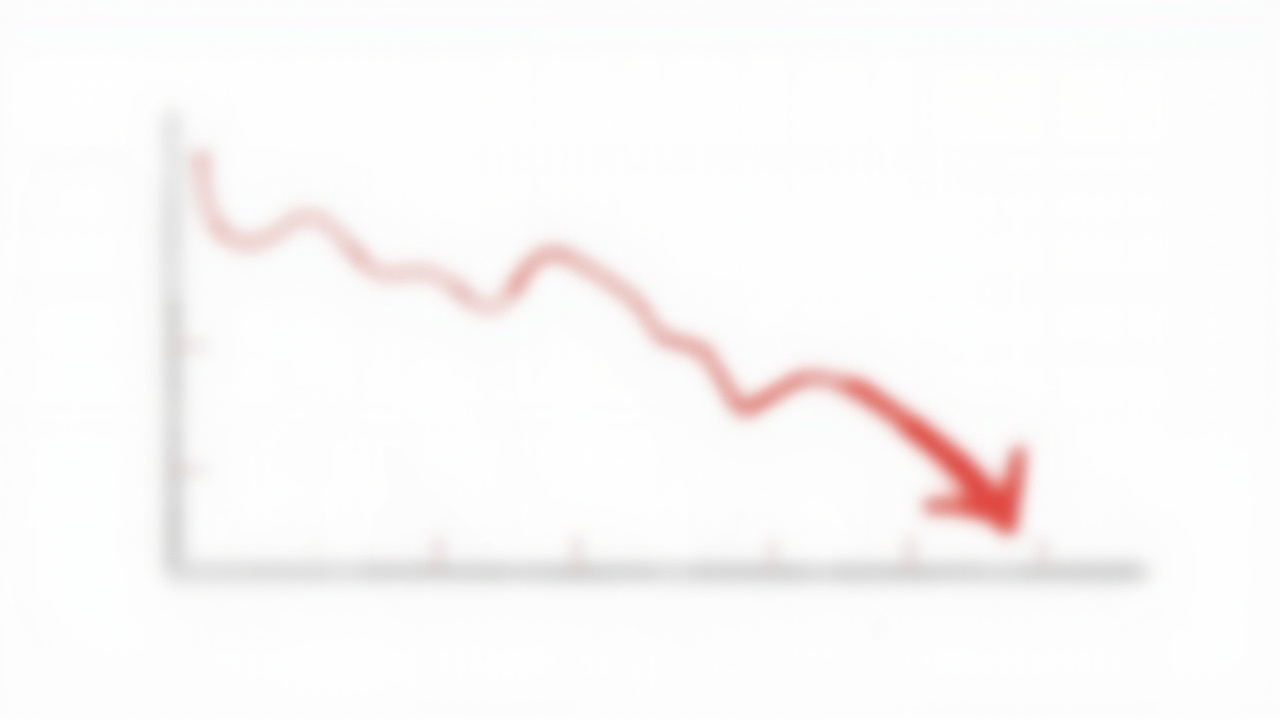Analysis of Trump's Proposed 'Revenge Tax' and Its Investor Implications

The proposed inclusion of a so-called 'revenge tax' in President Trump's multi-trillion-dollar spending bill has turned heads in financial markets, signaling shifts in global trade dynamics that could have significant ramifications for both investors and multinational corporations. This measure, identified as Section 899, seeks to impose taxes of up to 20% on foreign companies that operate in the U.S. while facing what the bill deems "unfair taxes" at home. As Congress approaches deliberations, the world of finance is poised to interpret the potential impact on corporate strategy and international relations. Considering the nuances of such legislation is crucial, as it may redefine how U.S. businesses operate globally.
At its core, the revenge tax underscores the increasing trend of protectionist policies that countries employ in the current geopolitical landscape. This provision could alter the calculus for multinational companies in evaluating where to invest and how to navigate cross-border operations. If enacted, U.S. withholding taxes on passive investment income could soar to as high as 50%, as noted by Ernst & Young. Such a burden may dissuade international investment, ultimately resulting in a contraction of the foreign capital flowing into U.S. markets. Investors must closely monitor such developments; the implications of a tightening cross-border investment climate could lead to stagnation in sectors dependently heavily on foreign investments, such as technology or pharmaceuticals. In light of this, we ask: could the desire to protect American business inadvertently harm domestic growth?
Moreover, the comparison to former protective measures chronicle a pattern of economic isolationism that can yield far-reaching consequences. While the 2008 financial crisis left policymakers grappling with the consequences of unchecked globalization, the contemporary legislative environment suggests a stark shift towards competing in a zero-sum game on international trade. The Section 899 scenario calls back to episodes like the 2017 Tax Cuts and Jobs Act, where tax incentives aimed at attracting businesses led to record repatriation of capital but ultimately did not catalyze the expected investment surge. Such historical precedents should remind investors of the unpredictability of regulatory environments and the necessity of comprehensive risk assessment. The potential unintended consequences of stifling incoming investments are subject to scrutiny, particularly as they may dilute growth prospects for the broader economy.
Looking ahead, stakeholders should remain vigilant as the Senate deliberates over Section 899. While the House champions such protective measures, there exists a palpable risk of a retaliatory response from affected nations, further complicating the global trade landscape. Institutional investors and corporate strategists must adopt a macroeconomic lens, as divergences in tax policy could lead to altered investment flows and foreign relations. As the market reacts, a careful analysis of portfolio exposure to multinational firms, particularly those heavily reliant on foreign income, will become paramount. The sentiment in the investment community may oscillate as the bill progresses, but the potential response from U.S. trading partners must also be factored into profit forecasts and growth projections.
Read These Next

China's PPI Declines 3.3% in May 2023
China's PPI fell 3.3% YoY in May, signaling deflation and challenges for manufacturers due to lower crude oil prices.

Honda's China Vehicle Sales Drop 16.8% Year-on-Year in May
Honda's car sales in China fell 16.8% to 55,108 units in May 2025, prompting concerns over market strategy amid stiff competition.

China Greenlights Select Rare Earth Export Requests
China has approved export licenses for rare earth elements to meet global demand, balancing domestic needs with international trade.
